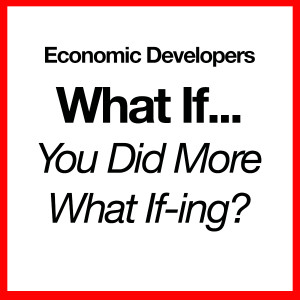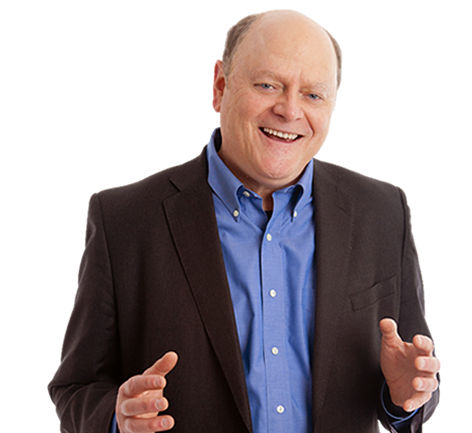 Economic Development and the “Home Run” Complex
Economic Development and the “Home Run” Complex
Amazon has finally made a decision about it’s new HQ. I have to say I’m a bit awestruck at how much time and energy was wasted by so many cities and regions around the country, only to have Amazon do the obvious thing and go with the world capitals for corporate HQ’s — New York and Washington. I do understand why those losing regions made the effort, thousands of jobs can transform a community.
But in the spirit of an Economic Development “What If…”
What If all those other Amazon bidders had put that same energy, and money, into doing innovation projects that are smaller in scale, but, new, different, and clever in their regions? Oh, and they’re also lower risk.
What kind of innovation projects might they have done instead? What kind of projects might they do in the future instead of chasing the next Amazon-like grand slam homer?
If Innovation is all about projects, and it is, shouldn’t economic development be a continuous brainstorm (and subsequent implementation projects) to:
- Leverage current community assets?
- Find new and creative partnerships within the community?
- Fund and/or seed new businesses and entrepreneurship?
- Educate a work force for the jobs of tomorrow?
- Build new expertise areas and a center of excellence of existing expertise areas?
- Invest in arts and culture building and community quality of life?
Economic Developers should do more “What If-ing”
Most economic development people I’ve met are smart, hard working, naturally creative people, AND, the blind focus on attracting the “home run” corporate HQ or plant prevents or defers a lot of projects that could have long lasting positive impact. Would hitting innovation singles, quarter after quarter, year after year, make more sense? I wonder how often economic development teams brainstorm (effectively) on the list above? Wouldn’t a consistent track record of successful innovation projects make you more attractive for the big site selection win?
I’m watching South Bend, Indiana develop an amazing start-up culture at the Idea Center connected to Notre Dame. Twenty Five (25) start-ups last year. Venture capitalists opening offices there. No, they haven’t hit a home run. Yet. If they do another 25 start-ups next year, and the next, will they have improved? 75 start-ups at 10 jobs each = 750 jobs. Not too shabby. One of those start-ups could be the next Google. What would that do for South Bend?
Innovation “how to” should be a key skill for any economic development team
I’ll say it directly: Economic Development teams need innovation training. Have you got the training in structured creative problem solving? In innovation frameworks you can apply? Do you have a team member trained in innovation facilitation? The reason brainstorming is often ineffective is because:
- There isn’t a skilled facilitator
- The problem is poorly framed
- The team doesn’t know or adhere to the guidelines of brainstorming
- It isn’t prepared for with research, reflection and brainstorming alone — before group work
Economic Development Teams: You might want to consider an investment in innovation related training — and consider taking a pass on the next big company HQ boondoggle!


